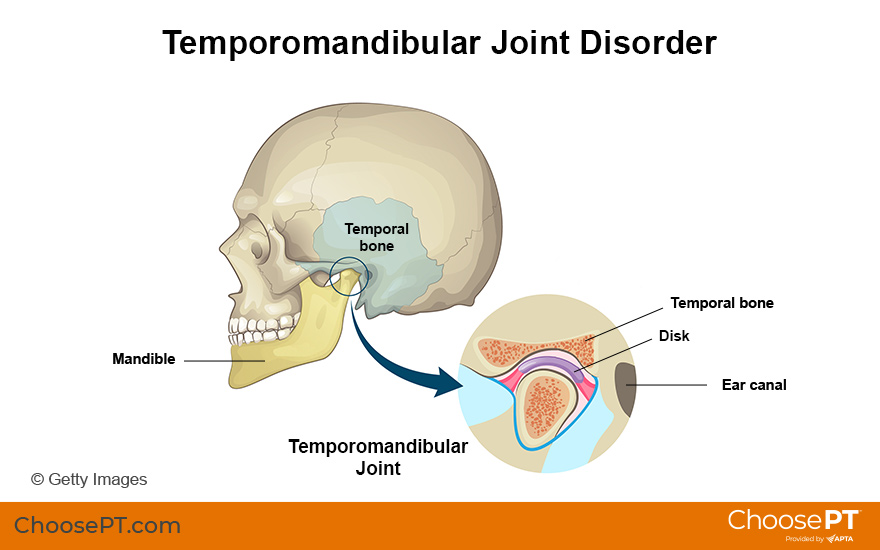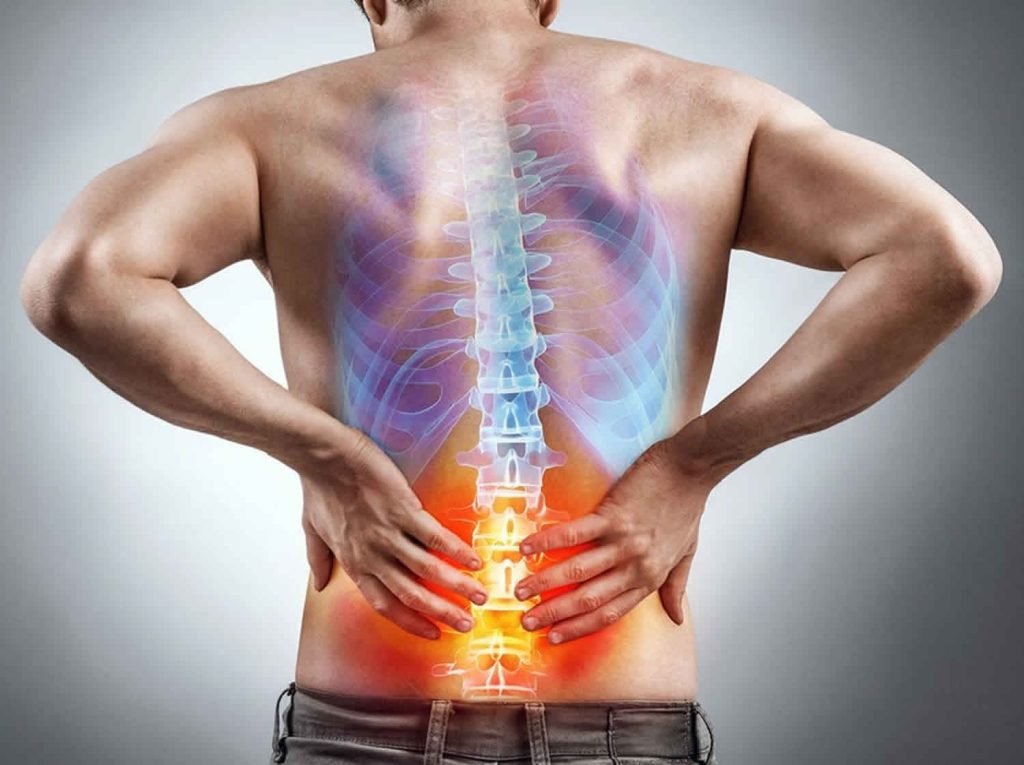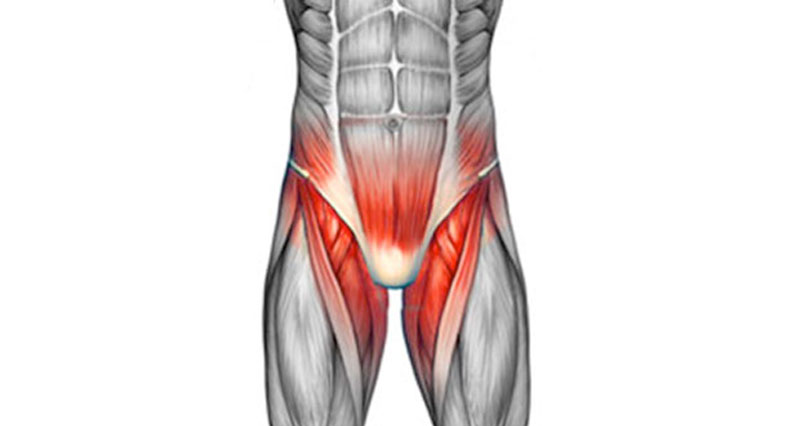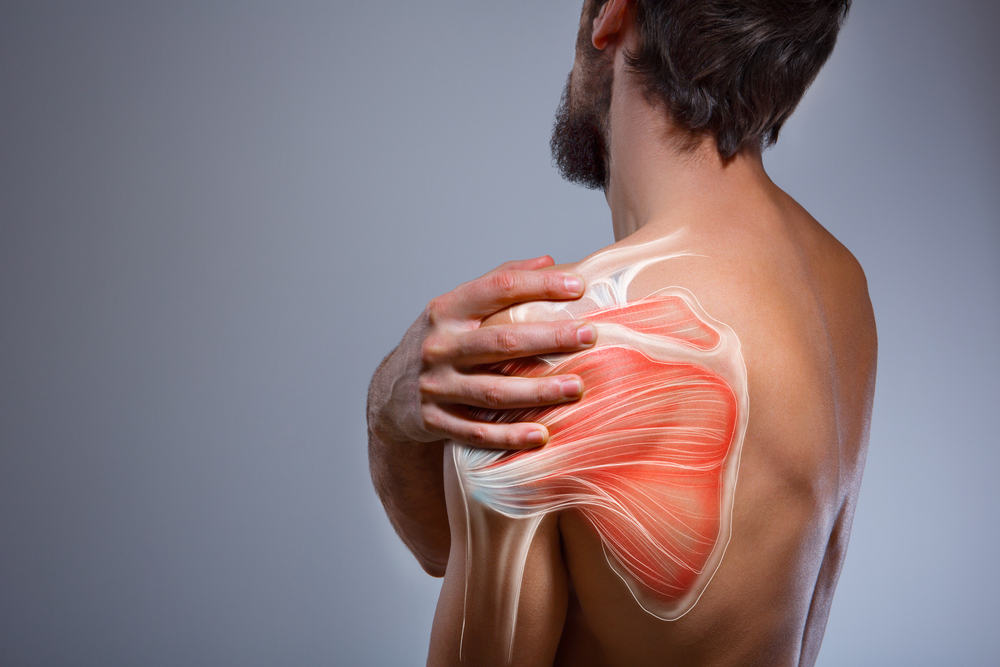Temporomandibular Joint Dysfunction (TMJ) Conditions and Smile Again Physiotherapy Clinic:
Overview of TMJ Dysfunction:
Temporomandibular Joint Dysfunction (TMJ) refers to a group of conditions that affect the jaw joint and surrounding muscles. Common symptoms include jaw pain, clicking or popping sounds, difficulty chewing, and headaches. Smile Again Physiotherapy Clinic specializes in addressing TMJ conditions through targeted physiotherapy practices.

Evaluation and Assessment:
- Comprehensive Examination: Smile Again Physiotherapy Clinic conducts a thorough assessment of the patient’s jaw function, examining range of motion, muscle strength, and any signs of misalignment.
- Pain Assessment: Identifying specific pain triggers and patterns is crucial. This may involve understanding factors such as stress, posture, and oral habits.
- Collaborative Approach: The clinic may collaborate with dentists or orthodontists to ensure a comprehensive understanding of the patient’s condition.
Physiotherapy Practices:
- Manual Therapy Techniques:
- Specialized manual therapy may include gentle manipulation of the jaw joint and surrounding tissues to improve mobility and reduce pain.
- Muscle Strengthening and Stretching:
- Targeted exercises are designed to strengthen weak muscles and improve flexibility in the jaw and neck area.
- Posture Correction:
- Correcting posture plays a crucial role in TMJ dysfunction. The clinic may provide guidance on maintaining proper posture to reduce stress on the jaw.
- Relaxation Techniques:
- Stress management and relaxation techniques are often integrated to address the role of stress in exacerbating TMJ symptoms.
- Orthodontic Coordination:
- In cases where dental factors contribute to TMJ dysfunction, coordination with orthodontic interventions may be part of the treatment plan.
Patient Education:
- Lifestyle Modifications:
- Educating patients about lifestyle modifications, such as avoiding certain foods that may strain the jaw or practicing stress management techniques.
- Home Exercise Programs:
- Providing personalized home exercise programs empowers patients to actively participate in their recovery.
Active Exercise Prescription:
- Jaw Exercises:
- Specific exercises may be prescribed to improve jaw mobility, strengthen muscles, and promote better coordination.
- Neck and Shoulder Exercises:
- Addressing the interconnectedness of the jaw, neck, and shoulders is crucial. Exercises targeting these areas contribute to overall improvement.
Neurological Rehabilitation:
- Sensory Motor Training:
- Incorporating sensory motor training to enhance the brain’s perception of jaw movements and improve neuromuscular coordination.
- Biofeedback Techniques:
- Utilizing biofeedback methods to make patients more aware of muscle tension and encourage conscious relaxation.
Customized Care Plans:
Smile Again Physiotherapy Clinic understands that TMJ conditions are highly individualized. Customized care plans are developed, taking into account the specific needs and challenges of each patient.
Holistic Approach:
Beyond symptom management, the clinic embraces a holistic approach to address contributing factors, such as stress, posture, and lifestyle, promoting long-term well-being.
Collaboration with Other Specialists:
Working collaboratively with dentists, orthodontists, and other healthcare professionals ensures a multidisciplinary approach for comprehensive care.
In summary, Smile Again Physiotherapy Clinic employs a comprehensive and patient-centered approach to address Temporomandibular Joint Dysfunction. Through targeted physiotherapy practices, manual therapy, exercise prescription, and collaboration with other specialists, the clinic aims to alleviate pain, improve function, and enhance the overall quality of life for individuals dealing with TMJ conditions.



